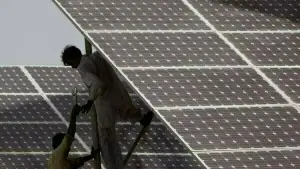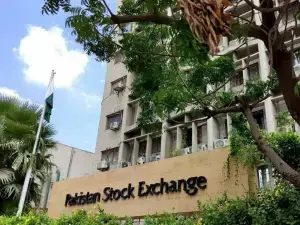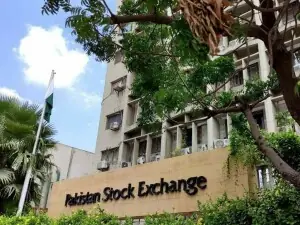Oil-rich Gulf Arab states are turning to state-of-the-art technology to keep at bay insurgents from nearby Iraq or a spread of al Qaeda violence, military experts said on Saturday. They said Gulf officials have a growing appetite for the latest satellite imagery and advanced surveillance systems at the seventh International Defence Exhibition and Conference (IDEX), the Middle East's largest arms bazaar held with more than 900 military exhibitors in the United Arab Emirates.
"(Attacks) are becoming more and more powerful, producing devastating consequences for the region and country security," UAE air force commander Khalid bin Abdullah al-Buainnain told the conference.
"We must carefully watch the lessons (of) Iraq to learn the best approach to ... issues that threaten the region and country security."
Insurgents have carried out daily attacks in Iraq, while al Qaeda militants in Saudi Arabia have struck oil and state sites, and Westerners in a bid to destabilise the pro-US monarchy and evict "infidels". Kuwait also faces al Qaeda-linked violence.
Border security is an increasingly high priority for Gulf states, said Major General Arthur Denaro, an adviser to British military equipment maker JCB.
"The Kuwaitis ... believe there is a huge threat of insurgents crossing the border. All the other Gulf states would be wise to think along similar lines," Denaro told Reuters.
"There is no question that people are not buying large tanks and large artillery guns any more. They are looking at (border surveillance) kit that is much more manoeuvrable."
BORDER MONITORING: Defence firms and contractors at IDEX said while no major deals had been struck, Gulf officials showed interest in products to beef up border monitoring.
French electronic group SAGEM said the Gulf was one of its biggest markets for border surveillance products such as its unmanned camera-equipped aircraft that can loiter in the air for 20 hours and scan large areas.
"Many Gulf countries have shown interest in the past year in (the aircraft). It's a very efficient way to observe borders. They want to be sure that there are no problems from terrorism or drug-smuggling," said Jean-Charles Pignot of SAGEM.
He said SAGEM has sold more than 100 of the aircraft, including some in the Middle East, without giving details.
Michael Hostetter of Boeing Integrated Defence Systems, said there was much interest from the Gulf about Network Centric Operations, a technology that allows efficient communication between different bases.
BR100
16,307
Increased By
236.2 (1.47%)
BR30
51,537
Increased By
1163.4 (2.31%)
KSE100
157,953
Increased By
1775.7 (1.14%)
KSE30
48,199
Increased By
520.5 (1.09%)






















Comments
Comments are closed.